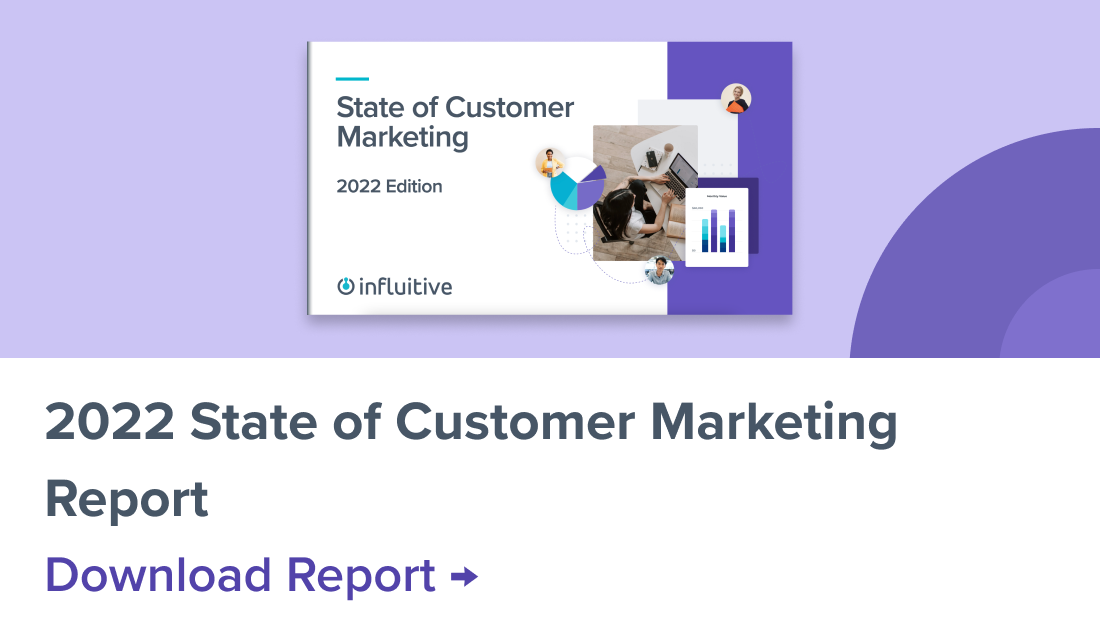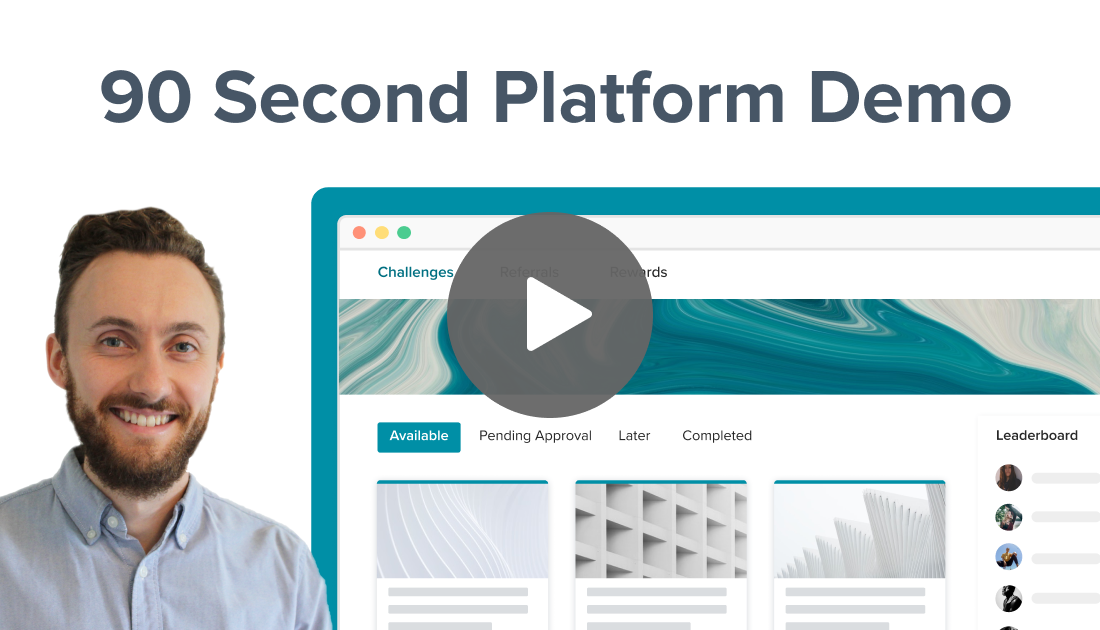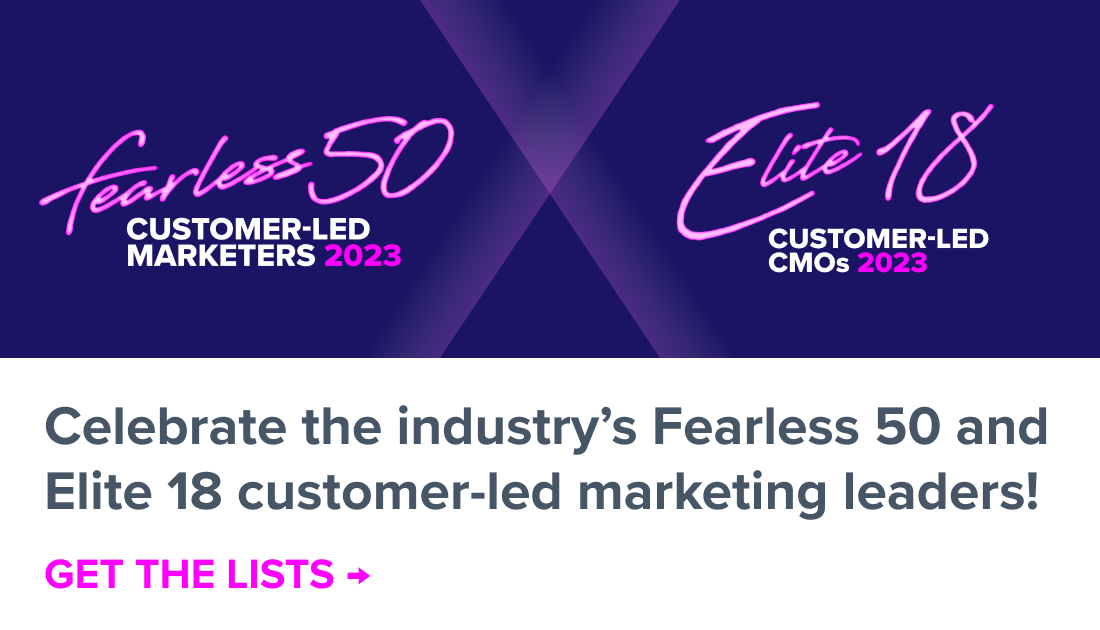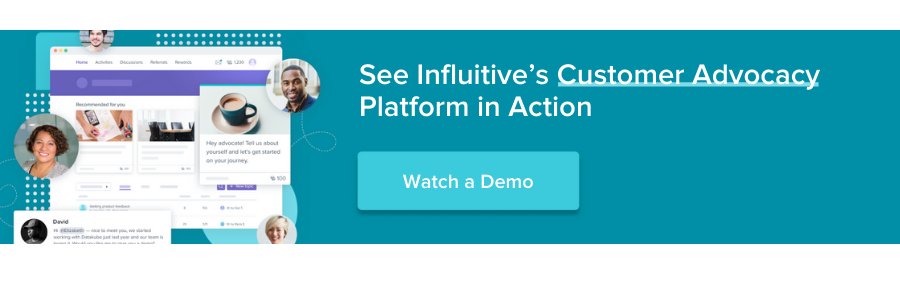You’re on a first date. You know a little bit about this person and are interested in learning more to see if there’s really a spark. The two of you meet at a quaint coffee shop (outdoors of course–social distancing). The barista brings your hot beverages to the table.
Half a drink through and you now know about your date’s high school mascot, every award won from middle school through college, why they were rated MVP by the local gardening club, and some rather strong opinions about the role of pineapple on pizza.
You still haven’t been asked a single question about yourself.
Another few minutes have passed and both the drink and the conversation are cold. You chug the last few sips and stare into your date’s eyes, looking for some sort of validation that this person is actually interested in YOU.
“Hey, can I ask you something?”
(Yes! Finally!)
“Would you be willing to write a blog post about what a great date I am?
—
Would you write that blog post?
More importantly, would you want to date that person again?
Most likely, you’d answer “HARD NO” on both. Yet, companies will often exhibit the exact same behavior as this bad date, using the corporate website (and worse, their communities) to talk endlessly about themselves, with little opportunity for the customer to engage in a way that’s meaningful to them.
We understand why–the company needs to make money, and high-value customer activities like speaking at conferences, making reference calls, providing reviews and writing blog posts are a faster path to revenue growth than say, a funny comic strip or an article about how to manage stress when working from home. But it’s only a faster path if the customer is willing to make the journey! If you’re starting from a place of “but enough about me, what do you like best about me?” you risk alienating your customers and miss out on an opportunity to build basic trust, let alone allowing them to feel comfortable enough to be willing to do something on your behalf.
Trust takes time, but you can fast-track it by adding value.
The most important way to build trust with your customers is to give them something they value, consistently and (often) selflessly. Otherwise, you’re framing your relationship with customers as purely transactional. If they only think you care about them right before they sign the contract and in the days leading up to renewal, they’re much more likely to go with a competitor that can deliver a better or less expensive option.
Here are four key ways of offering value to customers:
Make them heard
Which date shows more caring: the one that takes you to a restaurant picked off of Yelp reviews, or the one that asks what your favorite meal is, and then prepares it, after going shopping with you to pick out the ingredients? It’s no different in the B2B world–one of the best ways to get your customer emotionally invested in your company is to give them a role in helping to shape the products they use. Beta testing, customer advisory boards, and feedback forums are all great ways to ensure that your customers feel like they have a seat at the table, and it benefits your company as well because you’ll be more confident that you’re developing products and services that customers actually want to use. Additionally, your customers are typically far more familiar with your products’ features and use cases than you are as a community manager, making their feedback invaluable. Companies who get this are far ahead of the game, and their product teams seek out collaborations with customers (who soon become advocates).
Make them better at their job
Educated customers are more likely to use your products to their fullest, and consequently recognize the value they’re getting when it’s time to renew. Your company may provide a virtual smorgasbord of products with fantastic features that save time, save money, and walk your dogs in a rainstorm– but if your customers don’t know to use them, they may as well not exist at all. Worse, it lowers the bar for a competitor to come in and offer a “benefit” that impresses your customer-even if they already unknowingly have it with your product! There are lots of great ways to educate your customers: webinars, whitepapers, Q+A forums, Ask the Expert events, slide decks…the list goes on. In fact, your company likely already has these materials. Make sure your community has them too, and that they’re easy to access.
For example, at UserTesting, we often link challenges in our CommUnity to courses in UserTesting University, and as a cross-promotion, we offer badges for completing University courses that can only be redeemed within the CommUnity. We also offer a waiver for our certification program fee as a CommUnity reward.
Getting education right leads to customers becoming your cheerleaders both internally and externally, with a bonus of them being able to speak more in-depth on your behalf. It also gives them the opportunity to mentor others and boost their personal brand as an expert! (Note: there is no dating metaphor for this one: unless your date is an expert in the same industry, telling you how to do your job better is going to come across as more than a little condescending.)
Make it personal
Building trust with your customers means getting to know your contacts as human beings, not just as people who buy your product. Take the time to learn about them, and we mean really learn about them. On the business side, it’s great to ask what pain points they have using your product. But it’s also important to know what their professional and personal goals and motivations are, too. Is Pam eyeing a promotion? That’s great info–she may be more receptive to doing a webinar with you, so she can show off her expertise! Is Jim having trouble convincing his department to move forward with a design of his? You just got a fantastic content suggestion! Next time, post an article about how to speak persuasively and make sure Jim sees it. You may have just become the conduit to Jim accomplishing a major goal…and he’ll remember you for it.
Make it fun
Industry/shop-talk is useful, of course, but if that’s the only thing your date ever talked about, you’d probably get bored relatively quickly. It’s the same thing with your Community! “Choosing every opportunity to experience joy” is one of the top 5 traits of extremely likeable people–if you want people to truly like your community, they should view it as more than simply a work resource–they need the opportunity to experience joy. What is their favorite flavor of ice cream? How do they like to spend their weekend? What is on their bucket list? What is their favorite movie…the list could go on. Having customers recall the things that give them joy is a quick way to build rapport, and also a great way to get to know them!
In addition to finding out what brings joy, you can also share material for creating joy in your community–try a joke of the week, or some fun backgrounds for video calls, or a silly hat contest, with the winner getting a cool piece of your company’s swag.
We typically recommend 10% of your community content go to fun challenges. You’ll still be able to get the business stuff done, but you’ll also be able to humanize the experience enough to keep your customers coming back. Don’t forget–not all of your customers are going to be experts in your product, or extroverted enough to share their knowledge even if they are experts. Fun material gives these customers a no-pressure way to engage with your community, and build a positive experience with your brand. Give them an enjoyable experience where they can feel safe, and over time you may just see them opening up to do the high-value activities your KPIs are based on.
Putting it all together
Your community is a relationship with your customers and needs to be grown and nurtured as such. Just like it would be bad form on a date to only talk about yourself or immediately break out the marriage proposal before the menu even hits the table, it would be equally counterproductive for your community to be nothing but a channel for company self promotion or repeated requests for your customers to do things for you.
Advocacy needs to be a two-way street in order for it to work. When traffic on one side stops, it is not long before the street becomes irrelevant and a new path is taken. So make sure you show up, make sure you bring value, make sure you take the time to build the relationship, and lastly, make sure your customers have fun! Provide these fundamental trust-building elements, and the case studies, social shares, renewals and other KPIs will naturally follow.
Want to learn how to accomplish this at scale? Just “swipe right” to learn more about Influitive!
About the Authors
Jennifer Susinski is the Global Customer Marketer & Advocacy Manager, Hewlett Packard Enterprise and brings customers, technology & empathy together within the customer advocacy space. She brings to the table expertise across strategy, customer facing innovation & execution. Through putting her advocates in the driver’s seat she has accomplished countless impact in all areas of the business such as all aspects of Product to Market, Engineering, Customer Experience, Support & Sales. HPE is the 2020 Influitive BAMMIE winner for Best Impact on Customer Experience.
When Jenn is not driving customer advocacy and mentoring others, she enjoys baking, FaceTiming w/her nephews in Boston, Afternoon Teas in London and spoiling her pooch Archie Poppi Bunker.















































